Curator and Researcher Dr Margaret Lyngdoh at the launch of the photo exhibition.
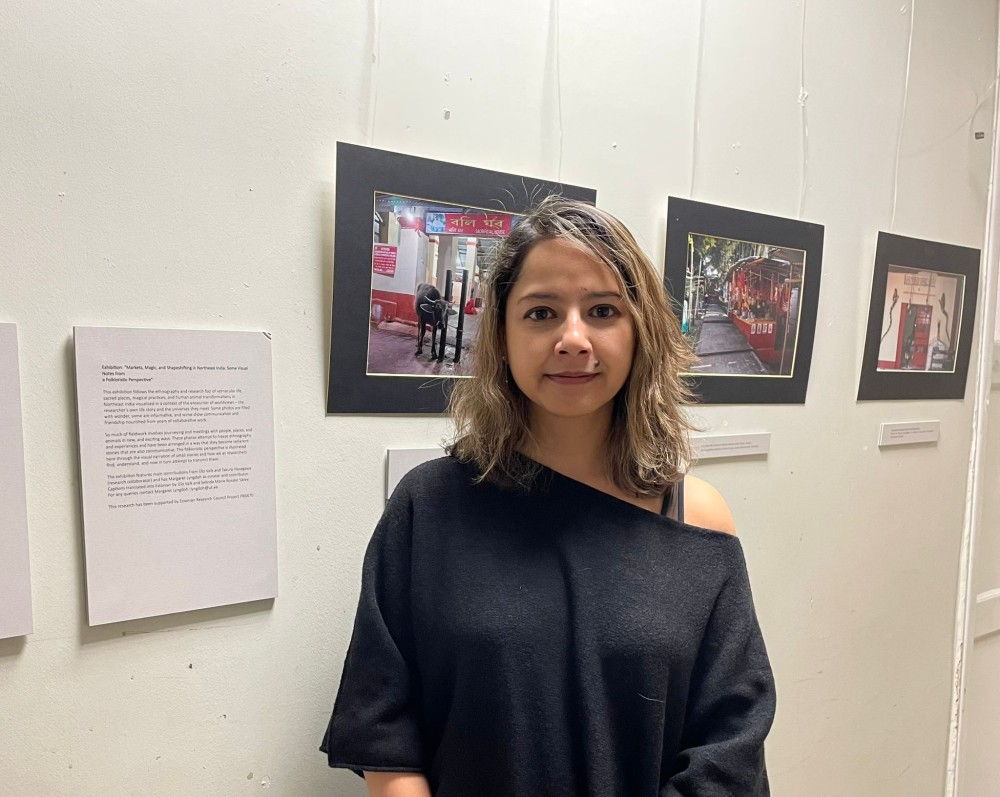
Tartu, April 20 (MExN): An ethnographic exhibition titled “Markets, Magic, and Shapeshifting in Northeast India: Some Visual Notes from a Folkloristic Perspective” was launched at the Department of Estonian and Comparative Folklore, University of Tartu on April 19.
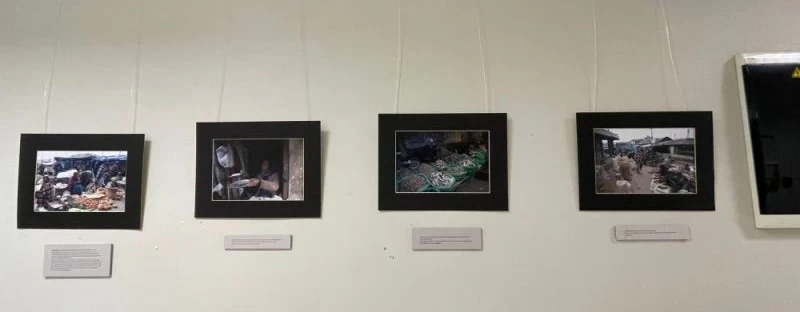
Following the diversity of worldviews and tradition across the different indigenous peoples and native communities in Northeast India, this exhibition illustrates everyday life at the centres of social experience: in the markets and during different healing practices. The core idea of human-animal transformation traditions which are part of Northeast India is also represented in these sets of images.
Curated by Dr Margaret Lyngdoh, University of Tartu with main contributions from Prof Ülo Valk from University of Tartu, Takuro Hasegawa (research collaborator) from Akita, Japan as well as from the curator, this exhibition follows the ethnography and research foci of vernacular life, magical practices, and human animal transformations in Northeast India visualised in a context of the encounter of worldviews – the researcher’s own life story and the universes they meet. Some photos are filled with wonder, some are informative, and some show communication and friendship nourished from years of collaborative work.
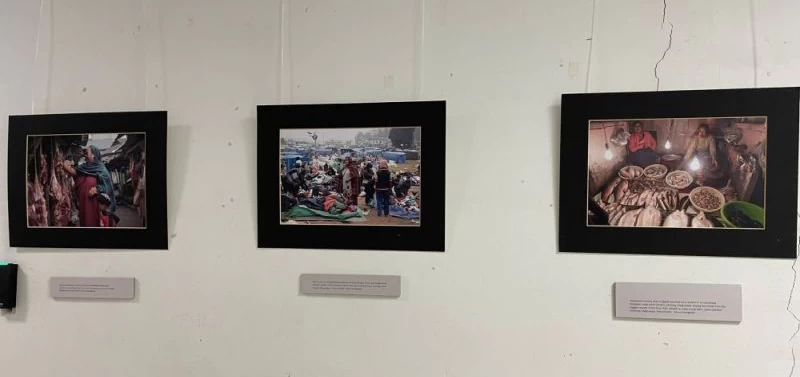
So much of fieldwork involves journeying and meetings with people, places, and animals in new, and exciting ways. These photos attempt to freeze ethnography and experiences and have been arranged in a way that they become coherent stories that are also communicative. The folkloristic perspective is illustrated here through the visual narration of small stories and how researchers find, understand, and now in turn, attempt to transmit them, stated an update received here.
Organised by the Department of Estonian and Comparative Folklore, University of Tartu and supported by the Estonian Research Council Project PRG670, the exhibition will continue till August 31 at Ülikooli 16, Tartu, Estonia.


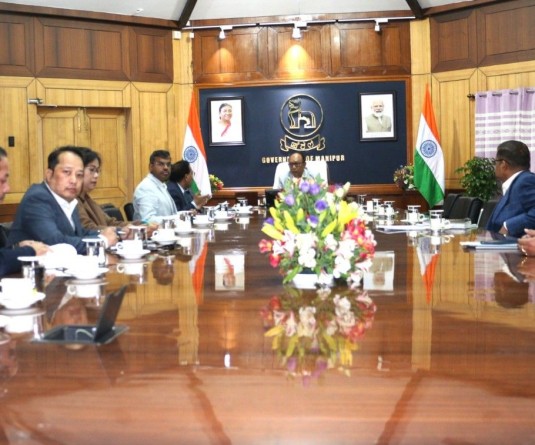
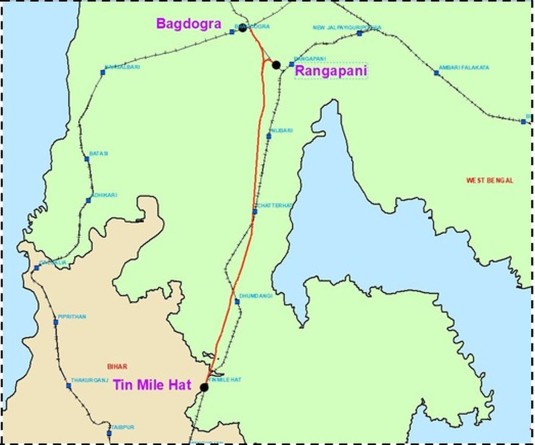

.jpg)
